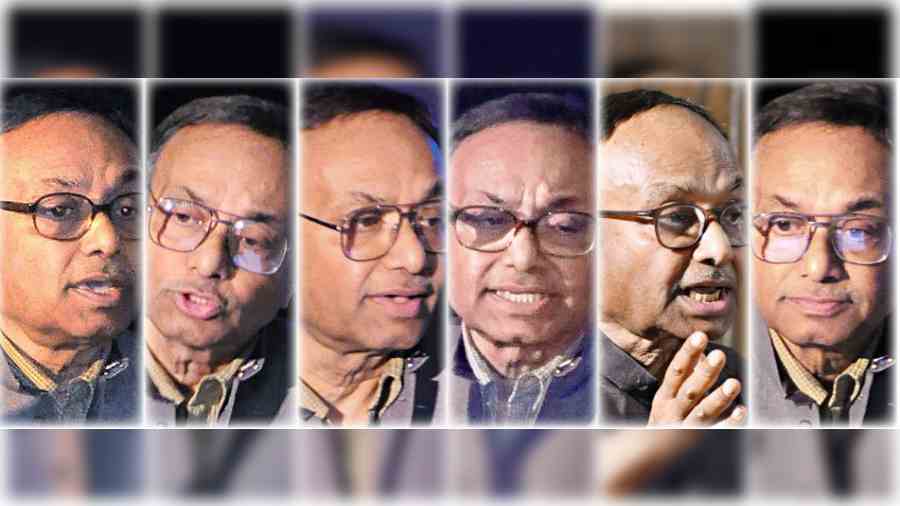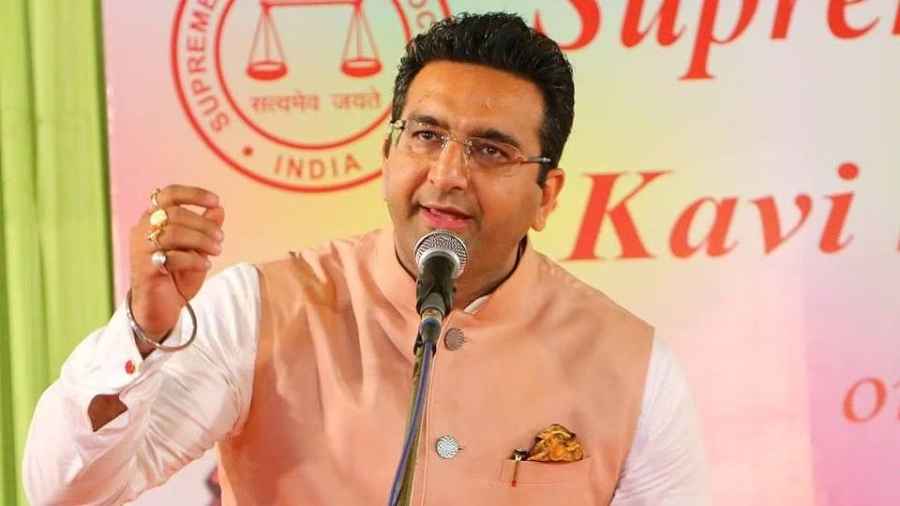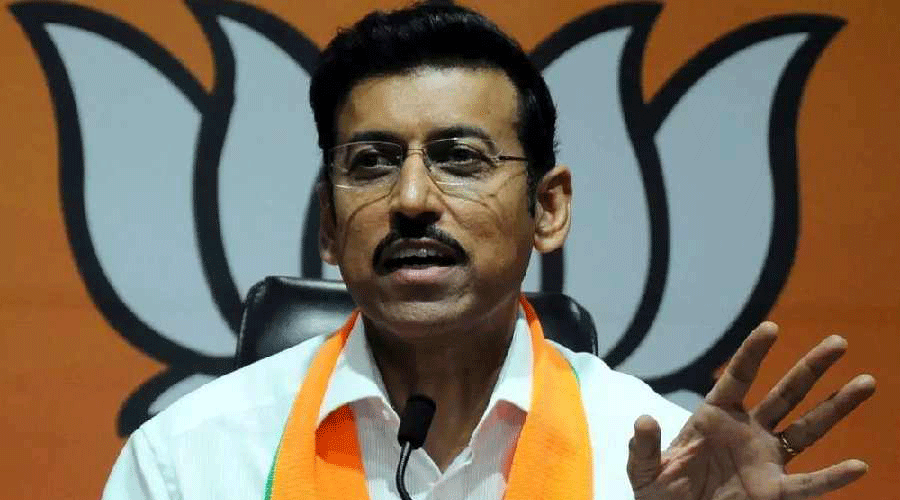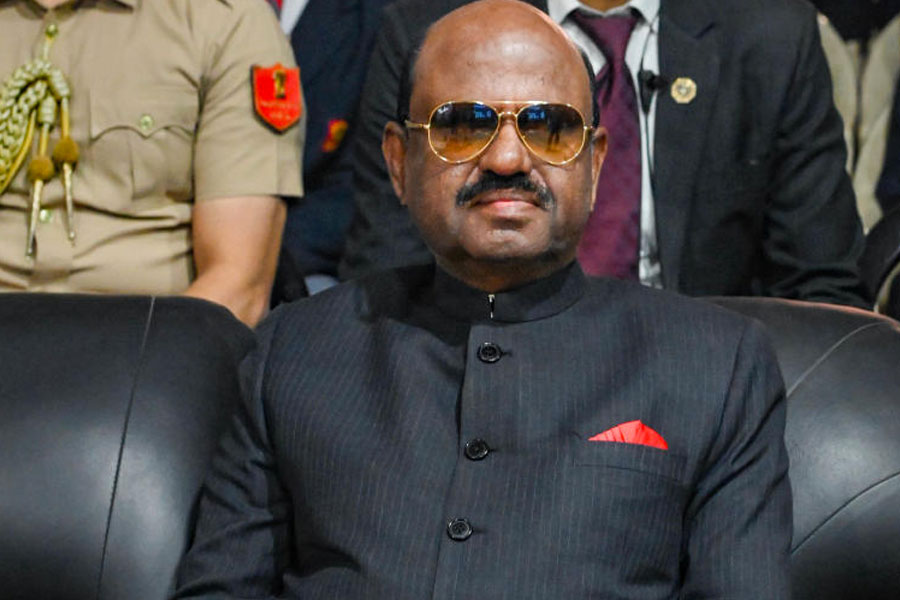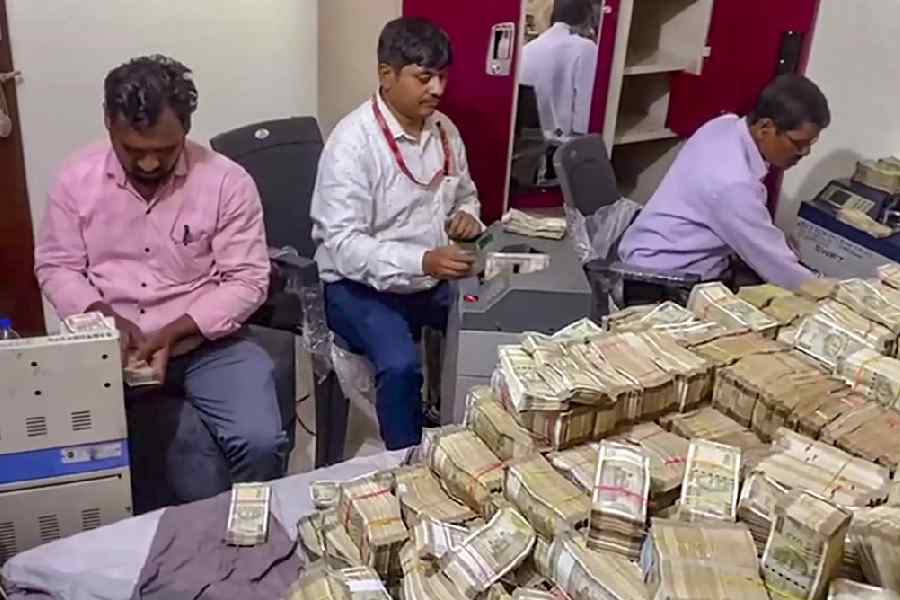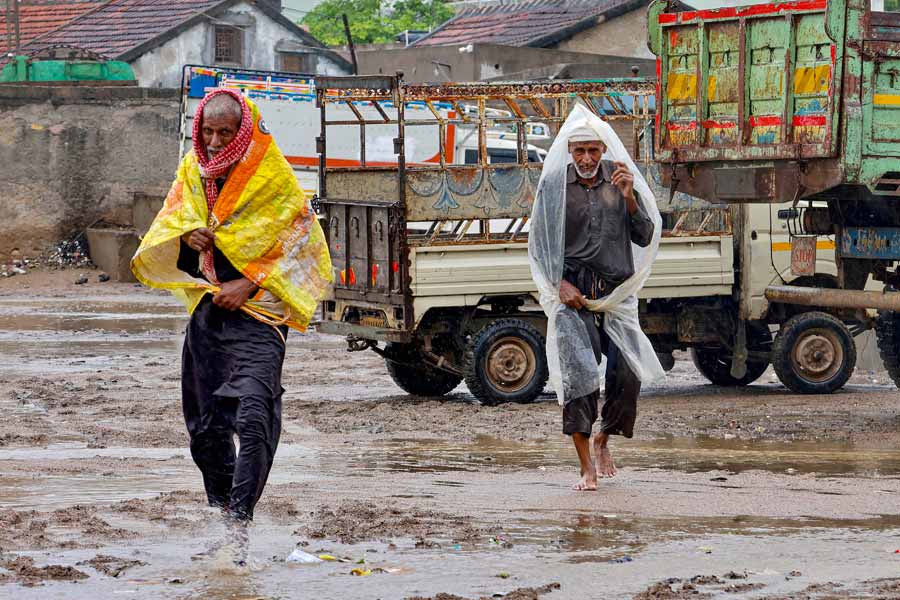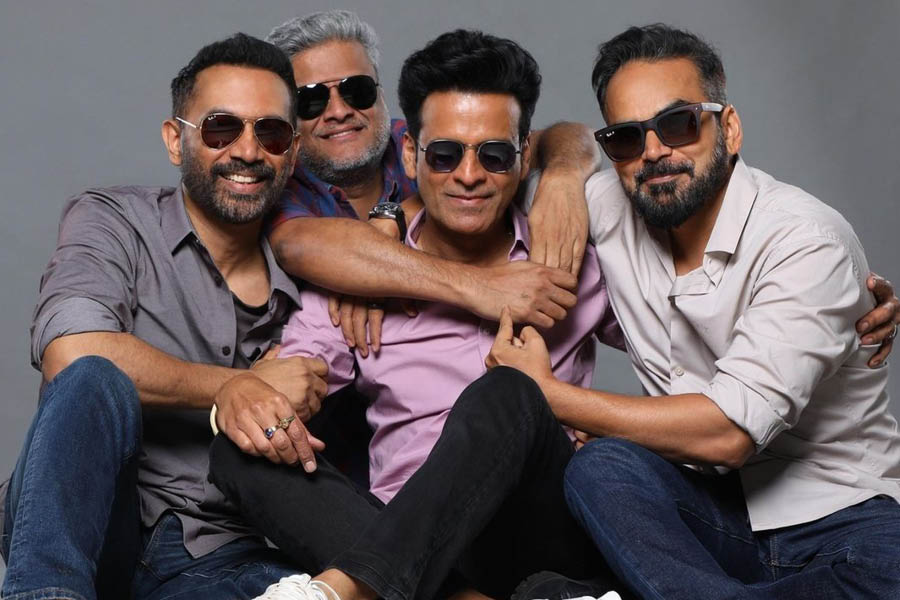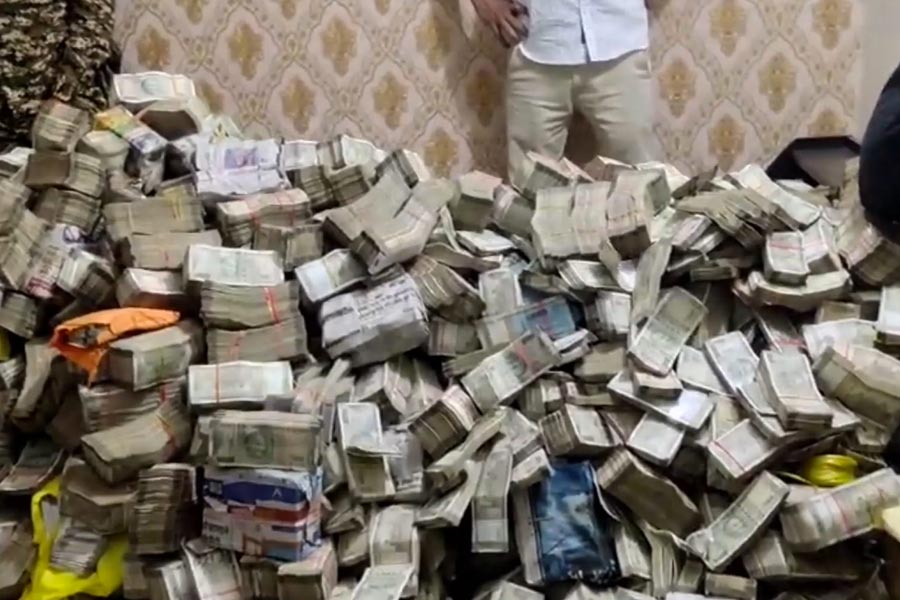The Mamata Banerjee-led Trinamul had stopped the BJP juggernaut in the 2020 Bengal elections. What do you think was the chemistry behind the success of this political and cultural barricading?
No one knows for sure, but there are speculations. I have a feeling that the general image that the BJP presented — that of a north Indian onslaught — was rather alien to the cultural ethos of Bengal. Many did not like the imposition of religious ideas from the north and the BJP-RSS combine’s linguistic chauvinism based on “Hindi-Hindu-Hindustan”… But the more important factor may have been the Trinamul’s welfare programmes, particularly for women. When I looked at the analysis of the votes after the election results, in terms of caste, contrary to the general impression, it was not that different from the rest of India. Even in Bengal, the upper castes voted mainly for the BJP, like in the rest of India. But there were also important forces of resistance. But this resistance may have weakened in the past two years.
Could it be that the massive teacher recruitment scandal came to the forefront? Can this bring down the Trinamul in the panchayat elections?
I do not want to make political forecasts. I can only give you my impression of current happenings. I am sure the corruption around the appointment of schoolteachers has made quite a big impact, but it has largely affected the middle class. One is not sure how much of that has had an impact on the poor villagers. They are the ones whose votes will have more influence on the panchayat polls. Also, the Trinamul, like the CPM before it, though on a larger scale now, makes it difficult for the Opposition to file nominations as candidates in the panchayat elections. This trend may continue in some constituencies. Leaders like Anubrata Mondal may not be around, but his associates will be there. So as long as the goonda dominance in local politics continues, one may not expect a big change in the panchayat elections.
What do you think of the Bharat Jodo Yatra?
It’s good for the Congress because it has become a party without much of a viable organisation. Also, they don’t have money. In the past years, the Congress had turned into a party sermonising from the Twitter perch, with not much ground-level activity. This yatra is possibly making Rahul look more serious and energising some organisations within the party. Some experts say that the yatra is more of a socio-cultural event than a political one. This is certainly a positive move to voice the dissent against the BJP-RSS at the ground level. But I am less optimistic about its electoral consequences.
Will Rahul be able to drive home his point on the difference between Hindutva and Hinduism to the masses?
He has been trying to make this point and giving speeches, for example, on Savarkar’s ideology. He is trying to convince people that the gulf between the BJP and the Congress is a deep and an ideological one. I am glad he’s concentrating on things other than hopping from one temple to another and doing photo ops with a tilak on his forehead.
But Arvind Kejriwal’s AAP is treading this path.
Yes, Kejriwal does not lose an opportunity to recite the Hanuman Chalisa in public. His refusal to react or protest against Muslim persecution during the Delhi riots is on this line. I expected better from him. With the decline of the Congress, the AAP is opportunistically trying to be the second most important Opposition party against the BJP in some states.
What’s your opinion on Narendra Modi’s cult status that seems to have remained unaffected despite his failure to deliver many basic amenities to the common Indian?
This is a remarkable phenomenon. Modi has failed on various fronts and today he leads one of the most incompetent and callous governments. Despite all this, his image doesn’t seem to have been tarnished. The secret lies in how Modi and the BJP control the political narrative. In this narrative, the BJP sets the agenda on public issues and the opposition parties are often mainly reactive. With constant hype and public spectacle, Modi packages regular welfare policies (some borrowed from the earlier UPA regime) as his “gifts” to the people. He also has tremendous oratorical skills. He knows how to play with the common people’s emotions. His party gets the lion’s share of corporate donations. And he gets support from the RSS, a highly disciplined organisation that has a wide reach in every nook and cranny of India. What is interesting is that his party, suffused with Brahminical ideology, manages to attract substantial support from Dalits.
But hasn’t the Dalit vote bank eroded to some extent? And isn’t this the reason why the BJP is trying to tap the tribal votes?
The RSS has been trying to co-opt Dalits for some time, with moderate success. As for Adivasis (the RSS refers to them as Vanvasis), for quite some time, it has been trying to bring them into the larger Hindu tent by meticulously adopting their local gods and heroes; its long-time efforts are bearing fruit.
Why have the Left parties failed to grab the Dalit and Adivasi vote bank?
There was a time when the Dalits and Adivasis in Bengal voted for the Left, particularly after some land reforms. But the Left is weak in the cultural mobilisation of these marginalised groups. Clearly, class politics was not enough to maintain their allegiance.
A sizeable section within the BJP and the RSS continues to be disgruntled with Modi-Shah.
The Modi-Shah duo is not just damaging India, but also damaging the BJP, just like Indira Gandhi destroyed the original Congress party during the Emergency days… Let me give you an example. Shivraj Chouhan used to be a very successful BJP chief minister in Madhya Pradesh. He had started some good welfare programmes for the poor. But now the welfare programmes are all branded as Modi’s “gifts”. If you listen to Chouhan’s speeches today, he talks mostly about Hindutva.
Such authoritarian leaders have emerged all over the world. And that’s what you’ve discussed in your new book...
Yes. Such autocratic forces are there in Hungary, Turkey, the Philippines, Brazil, Poland, Russia, etc. In my book, I have discussed why the working classes are supporting these leaders.
So do you mean to say the future seems bleak?
I can only hope things will change. Antonio Gramsci in his Prison Notebooks talks about “pessimism of the intellect, optimism of the will”. There are some sparks of light in the surrounding darkness. In many countries, the younger generations are resisting authoritarian leaders. They are also taking a leading role in the environmental movement.

